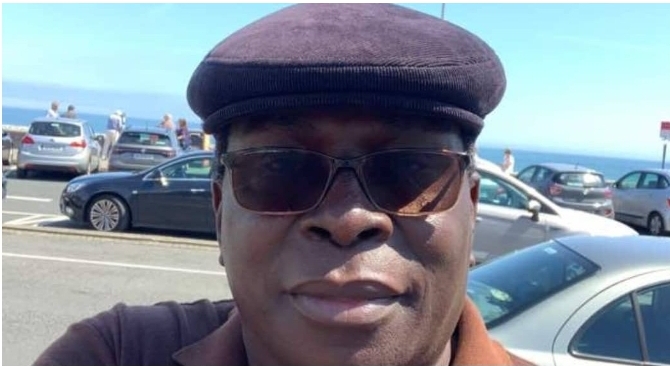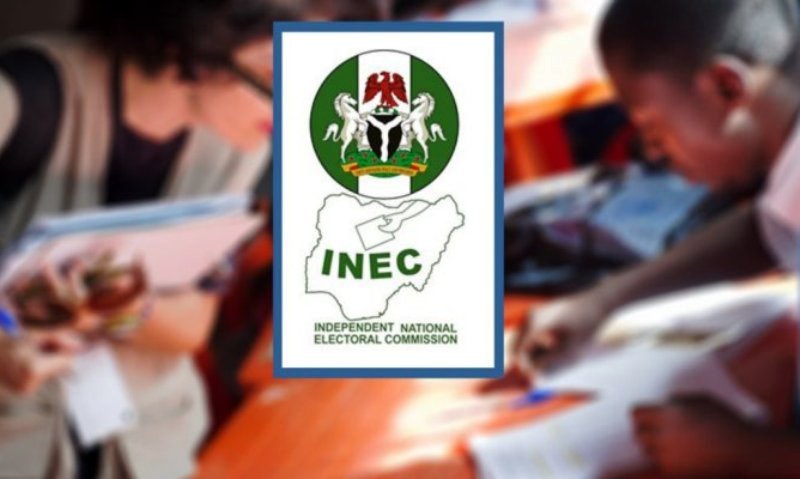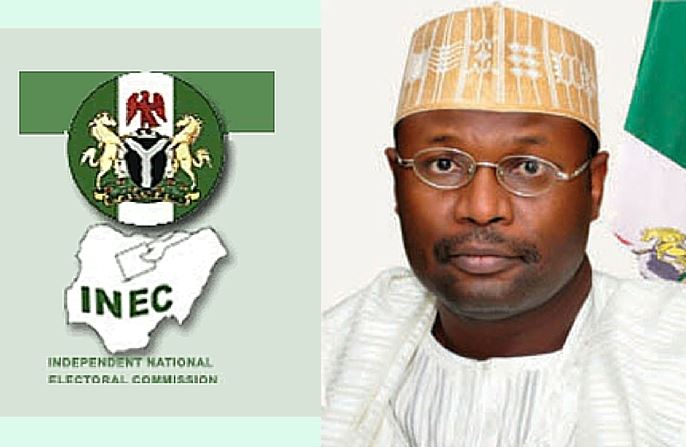By Mideno Bayagbon
(mideno@thenewsguru.ng)
As the campaign season officially kicks off, the national space is set to be agog with the noise of political activities. At the federal level, the three major parties will be parading the Asiwaju, Alhaji Bola Ahmed Tinubu, (APC); Waziri Adamawa, Alhaji Atiku Abubakar (PDP); and the gadfly, table shaker, Mr Peter Obi, (LP). They will attempt to sell themselves to the electorate for a chance at Aso Rock, as President. At the state level, hundreds of candidates will be aspiring to become their state governors. Thousands still will be pounding the cities and villages across the country to be considered for election as Senators, House of Representative members and States House of Assembly members. The die is cast.
The season of fake promises, barefaced lies, rent-a-crowd rallies, surreal political advertisements to enchant the populace is on us. Finally, the incompetent and much abused President Muhammadu Buhari, will have a breather. The thunderous political decibels will draw the national focus from him and the many hydra-headed political, economic and social problems which his incompetence has plunged the nation into. With political cash flying around, the critical issues of insecurity, harsh economic realities will take the back burner. For a man who cares only for himself, as he is reputed, President Buhari can sleep better now, go on his extensive health tourism and indeed gallivant all over the world in the remaining months of his better forgotten misrule of Nigeria.
But unlike other climes where clearly thought out policies, probity of candidates: their character and history, determine who gets elected, the next four months or so, our politicians will take us on a fool’s ride. Leaving the substance of our reality, they will regale us with inanities, with attacks and counter attacks on opposing candidates. We will not know where they stand on most issues because obfuscation will be the tactical order of the day. The game plan will be to cleverly proffer outlandish solutions to the major problems confronting the country which are the badly managed economy, the wanton insecurity of lives and properties and the many ill-conceived policies of the Buhari government. With vague promises, will come an attitude of we will cross the river when we get there. Peter Barnum’s reputed quote: let the people be fooled will be on full display.
Strategically, most will avoid occasions and situations where probing questions will be asked of them. It is clear that most of those who will be coming out to canvas our votes have not the faintest idea how to solve the legion of problems bedevilling the country. Of course, in all sincerity, we all know that is not why they are contesting for the positions they are vying for. For most of our politicians, winning an election is an end in itself; a do-or-die affair because it is their legitimate route to accessing the national wealth and privatizing it to self. It is the openly concealed path for them to dip their grubby fingers into the national cake. It is the ticket to be part of the sharers, not bakers, of the national cake. The only objective, therefore, is to do everything and anything it takes to get pronounced as winner of the particular election.
Ninety-nine point nine of those, for example, who want to be governors of their states have no idea, no plan other than the wishy washy, glossy and empty headed “manifestoes” which some smart alec consultant has put together for them to wave at whoever cares to ask. Most of them do not know a thing about how to grow their state’s economy or what to do about mobilising their populace for growth and development. Rather, we will hear of such fanciful inanities as youth empowerment which means they will buy some tricycles, some sewing machines, some hair clippers and so on, and pretend that they have done what is required of them for the youths and women. Most will run their governments on some quirk, harebrained suggestions from emergency consultants. Some will end up as governments by proposals. So why would they bother themselves to come public and convince their electors with well thought out and designed programmes for growth and development? Rigging and vote buying are better options to them.
At the national level, one would expect that removing the lead on campaigns will afford the three major candidates the opportunity to convince Nigerians why their programmes and policies will be what the country needs now to pluck it out of the slope to infamy. One would expect they will come out to lay bare how they intend to tackle the economy, the multi-pronged insecurity problems and many other problems bedevilling the country. How, for example, do they intend to tackle the power problem? The fuel subsidy imbroglio. This as we all know is the biggest scam in town.
A notice of the reluctance of the candidates to engage their opponents in debates and in live interviews has already been served by Alhaji Bola Ahmed Tinubu. He told reporters who were asking him to feature in live interviews on television to perish the idea. As many are beginning to suspect, the Jagaban, because of some yet unannounced ailments, may not be able to engage in rigorous interviews to explain what he stands for. He intends to brag his way through. And we can be sure that a well-planned leeway has been fashioned out by his handlers. We wait and see how they will harangue the populace into quiet acceptance of this.
His attempt to avoid the public assessment of his current intellectual and physical capabilities may just be the adopted pattern of most of the candidates across the country.
Four wasted months of bamboozling and filibustering lie ahead. The exception to this, however, might be the Labour Party presidential candidate, Peter Obi, whose ambition has been bolstered by the media and the youths who have adopted him as their own. He not only enjoys making the media rounds to canvas his points, he uses the media in ways the two or three other candidates, though green with envy, have avoided so far. Atiku Abubakar though has consented to and done one major interview to try and explain why he wants to be president may also try his best to avoid interviews and fora where he will be thoroughly examined. That is, apart from the fact the he too, like Tinubu, thinks it is his turn to be president! The man is officially the oldest of the candidates at almost 77 years old currently.
Nevertheless, the media and internet space are going to play major roles in the coming elections. That perhaps explains why preparatory to the campaigns kicking off, some of the candidates camps have constituted hard nosed, lavishly funded media units, who they expect to go to war on their behalf against their opponents. Most telling of course is the thousands of “internet rats” they have recruited and empowered with electronic gadgets and data. These are people who will be on the social media space 24 hours of the day. They will have two major functions: create as many negative opinion about their opponents, colour them in gory ethnic, religious and other contentious points before the public. They are to also counter every negative write up, even in the remotest of social media platforms, with abusive and insulting personal attacks, confuse the issues with shameless lies and repeat same all so often, and be relentless. In all these, their mission is to position their candidate as the only saint since Jesus Christ. Through their intransigence, and belligerent postures, they are also to try and force people to support their candidates through every gimmick they can muster.
This is especially so since the youths who are the bulwarks of the Peter Obi campaign are digital natives. These recruited media contractors will match Obi and each other’s supporters word for word, abuse for abuse. Hellish Armageddon is about to be unleashed on our social media space. For your sanity’s sake, social media is a place to avoid for the whole campaign period.
As the politicians attempt to destroy themselves while shamelessly avoiding the issues that bedevil the nation, the rest of us, even when we avoid the mayhem in the social media, will still be afflicted by their sound bites, preposterous advertisements full of dance and songs yet telling us little about why we should vote for the particular candidates. With the war chest at the disposal of both the Alhaji Tinubu and Alhaji Abubakar, a lot of media spend is envisaged. Obi and Kwankwaso, with their lean financial base will be easily outspent in this game to fully overwhelm, deceive and win over the electorate. Atiku Abubakar and Ahmed Tinubu will own the paid media space and will drown out Obi and all the other contenders.
How this old tactics will hold in the face of current realities is left to be seen.






